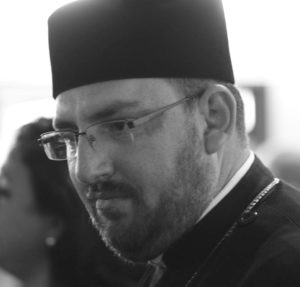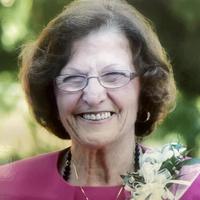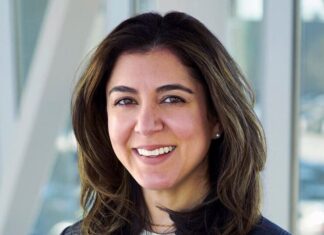By Muriel Mirak-Weissbach
Special to the Mirror-Spectator
BERLIN — The Armenian community had much to celebrate in Germany at the end of October: in Berlin it was the 90th anniversary of the founding of the community, commemorated with a formal ceremony on October 26 in the Charlottenburg Town Hall, co-sponsored by the Minister for the Diaspora of the Republic of Armenia Hranusch Hakobyan and the Charlottenburg-Wilmersdorf Mayor Reinhard Naumann. To the south, in Stuttgart, it was the 30th anniversary of the Armenian Holy Cross Church (Surb Khatch) in nearby Göppingen, and the 40th anniversary of the founding of the Baden-Wurttemberg Armenian community. The double jubilee was commemorated within the context of the third annual “Armenian Cultural Days” organized by community leader and parish priest Father Diradur Sardaryan from October 24-27, in collaboration with several state institutions as well as the Embassy and the Cultural Ministry of the Republic of Armenia.
In both Berlin and Stuttgart, it was culture that consolidated the bridge between the German and Armenian participants. Following greetings by Vartkes Alyanak of the Berlin Armenian community, representatives of the mayor and the Armenian Embassy spoke. Diaspora Minister Hakobyan reported on progress in the independent Republic’s political and economic development. In his keynote speech, Prof. Mihran Dabag, from the Institute for Diaspora and Genocide Research of the Ruhr University in Bochum, picked up the theme introduced by his predecessors, of the “homeland” — a question that has acquired new meaning for Armenians in the Diaspora since the establishment of an independent nation.
Among the many Armenians living abroad are world-class musicians who have succeeded in mastering the greatest achievements in both the European and Armenian traditions. Berlin had the honor of hosting soprano Hrachuhi Bassenz and bass Gor Harutyunyan as well as Anahit Ter-Tatshatyan on the piano, who presented works stretching from Giuseppe Verdi to Komitas.








